|
Since my new (formerly) secret project, We Are Not Free, is out of copy edits and heading to the printers for advance reading copies, I’m charging full steam ahead into my New New Secret Project, which I alluded to outlining in Week 6, Planting the Seeds. This is an idea that’s been cooking in my head since 2017, which feels like a long time for an idea to percolate, although it’s taken less time than The Reader Trilogy (5 years) and We Are Not Free (5-21 years), and I’m so excited to be tackling it now. There’s nothing like the fresh energy of a new project, the delight in discovering a new world, new characters, a new story. It’s exciting! (It’s kind of terrifying.) This, in conjunction with our recent explorations of rhythm, have gotten me thinking about the rhythm of my drafting process. I think of it like repeatedly building a structure out of popsicle sticks. I lay the foundations. I take the foundations down. I lay the foundations again, this time a little larger, a little better, a little more like what I want the eventual structure to be. I take them down. I lay the foundations, again, a little larger, a little better, and maybe I add a first floor. Maybe I build some walls, with spaces for windows, doors, stairwells. I take them down to the ground again. I rebuild. I erase. I rebuild again, adding more and more words each time, until I feel good enough about those foundations that I don’t have to destroy them anymore. Now I delete back to the first floor, build again, delete and build again until I’ve reached the second floor, and so on and so forth. A caveat: I draft like this when I have the luxury (or illusion) of time. Often, the reality is that I just have to get the words down, just have to accept that they’re not perfect, just have to keep going because I’ve got a deadline to meet. But I do feel like it’s important for me, in the early days, to luxuriate in a project for a bit, to sink into it or swim around in it for a while, getting a sense of what kind of story it is, where it wants to go, what it wants to be. To give you an idea, here are work-in-progress screenshots of my first eight drafts of my New New Secret Project’s first chapter: Notice those false starts in the first three drafts? In each one, I got about as far as a page before realizing the foundations weren’t working, so I had to raze everything to the ground and start again. It isn’t until Draft 4 (four pages long), that I really begin to figure out how to tell this story, and even then, it takes another false start (Draft 5) before I begin to hit a stride with Drafts 6-8, adding a little more each time.
The above drafts are about 1-2 weeks’ worth of work, because I’ve I retyped each paragraph, changing a word here, a phrase there, a piece of punctuation this time or that, maybe 10-20 times before moving on. It is a slow, sometimes frustrating process, because some days--especially the ones at the very beginning--I end up with a 100-word gain on my previous word count. Or a 100-word loss. And it feels like I’m going nowhere, this project is going nowhere, I’ll never get it done. But retyping each paragraph, making dozens of little changes along the way, is how I get to know things like voice, character, atmosphere, conflict. I’m finding the rhythm of the story, from the action to the dialogue to the paragraphs to the sentences, and so each time I retype a passage, I’m “listening” for things like: the flow of one idea into another, where the narrator draws the reader’s attention, whether the voice uses high or low register diction, how the sentences come together, the balance between action/description/dialogue, the pauses. I can’t “hear” these things (or at least, I don’t “hear” them as well) if I look at each word/phrase/sentence/paragraph in isolation, the way I suspect most people do when they’re writing and revising. I have to re-enter the rhythm of the passage by rewriting it, literally, over and over again, like practicing a piece of music, until I’ve figured out how the story wants to be told. Comments are closed.
|
ARCHIVES
February 2024
CATEGORIES |

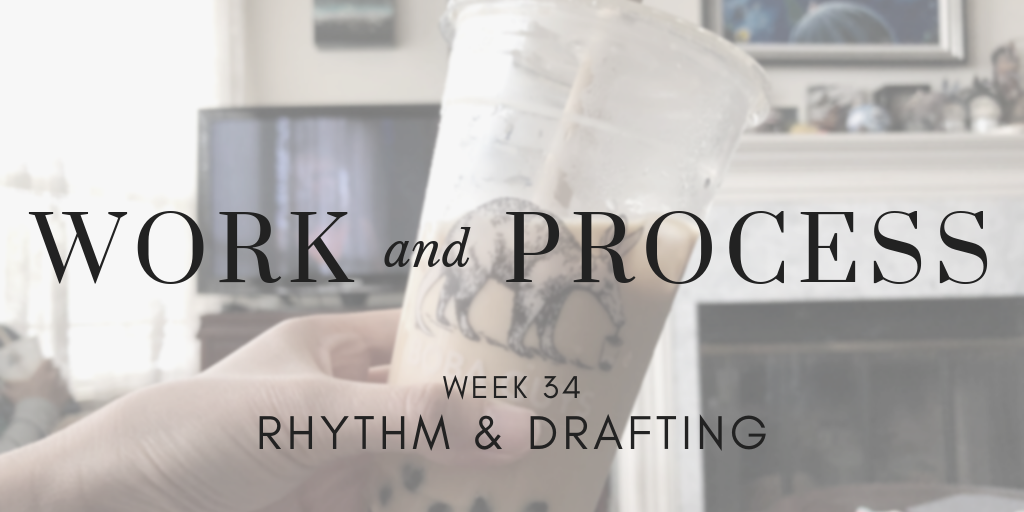
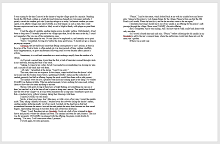
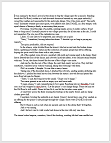
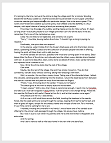

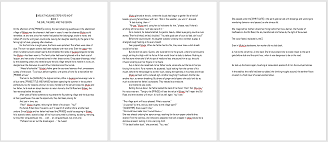
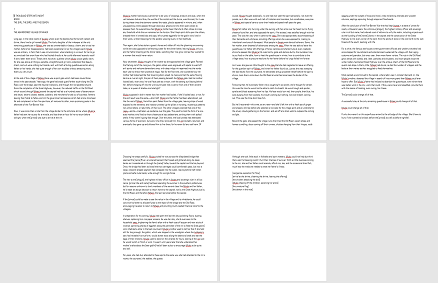
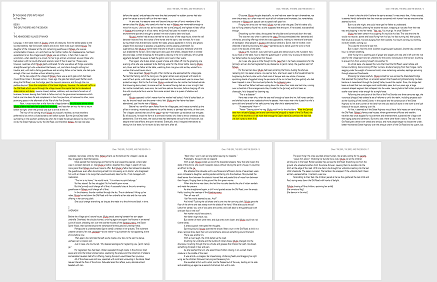
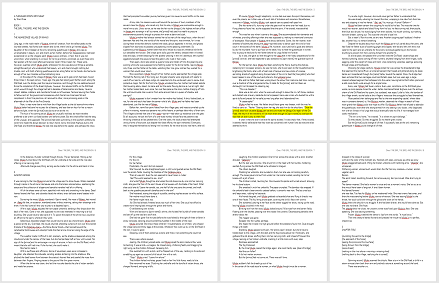
 RSS Feed
RSS Feed